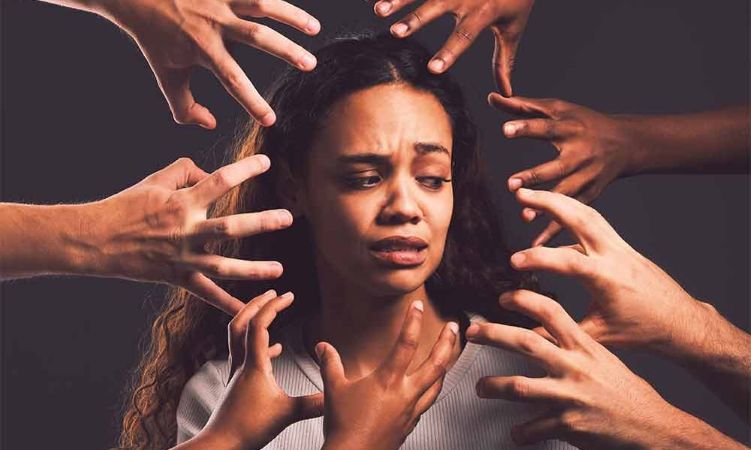WOMEN’S MENTAL HEALTH IN CRISIS

Mumbai, Delhi, and Kolkata Survey Highlights High Levels of Academic Stress, Corporate Burnout
Team L&M
Women’s mental health is in crisis. Globally, women are nearly twice as likely as men to suffer from anxiety and depression. In India, they account for 36.6 per cent of all suicides, with young women aged 18-39 most vulnerable (National Crime Records Bureau). Yet, stigma and societal taboos continue to prevent them from seeking help.
On International Women’s Day, Mpower, an initiative of the Aditya Birla Education Trust led by Neerja Birla, presents its Unveiling the Silent Struggle data drawing insights from its extensive mental health interventions for women across India. Conducted over a year with data from 1.3 million women, the study captures the mental health struggles of college students, corporate professionals, rural women, and women in the armed forces, underscoring the need for urgent intervention.
Mpower Centre Head Dr. Harshida Bhansali, Senior Psychiatrist shared: “Mumbai is navigating a complex landscape of challenges—ranging from relationship concerns, separation, and emotional dysregulation to parenting struggles, including raising children with emotional difficulties, special needs, or non-suicidal self-injury. Issues of autonomy in decision-making, financial dependence, single parenting, fertility, and hormonal concerns further add to their mental health burden.”
Dr. Bhansali further added: “Despite these challenges, mental health remains a silent struggle for many women, often deprioritized amidst family and societal expectations. Seeking timely intervention is crucial. With the right support—whether through therapy, psychiatric care, or building coping strategies—women can regain control of their emotional well-being, strengthen their resilience, and lead more fulfilling lives.”
Key Findings:
Stress and Anxiety: 1 in 2 women report chronic stress from work-life balance, financial pressures, and social expectations.
Sleep Disruptions: Forty-seven per cent suffer from insomnia, affecting cognitive and emotional well-being especially in women age group 18 to 35 years
Social Isolation: Forty-one per cent feel emotionally distressed due to limited social circles.
Academic and Workplace Pressures: Thirty-eight per cent experience heightened anxiety about career growth and financial stability.
Mental Health Across Demographics:
Rural Women:
Through Project Samvedana, in collaboration with the Government of Maharashtra, Mpower interventions positively impacted 1.28 million rural women, revealing widespread financial instability, social stigma, and limited access to mental health care. Many reported experiencing depression, anxiety, and suicidal thoughts, underscoring the urgent need for targeted interventions.
Corporate Women:
Forty-two per cent report symptoms of depression and anxiety.
Eighty per cent face workplace stereotypes on maternity leave and career growth.
Ninety per cent say mental health issues impact productivity.
Women in the Armed Forces:
High cases of PTSD, trauma exposure, and anxiety disorders.
Fear of stigma discourages seeking mental health support.
Struggles include harassment, domestic violence, and work-life balance challenges.
City-Specific Trends in age group 18 to 35 years:
Mumbai:
High levels of academic stress and corporate burnout.
Delhi:
Safety concerns and harassment contribute to heightened PTSD and anxiety.
Kolkata:
Strong social networks exist, but stigma prevents professional help-seeking.

